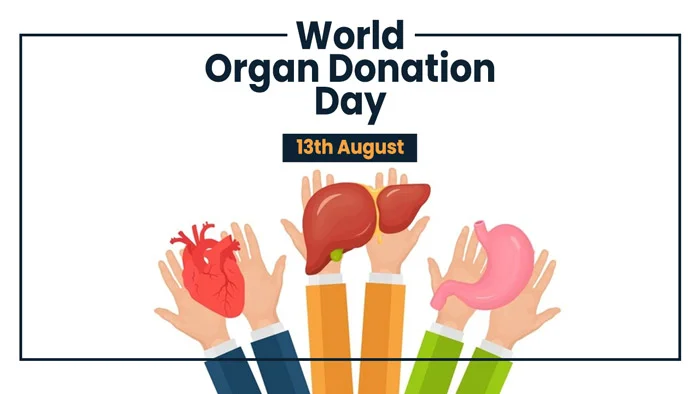
World Organ Donation Day 2021: This day offers a chance to return forward and pledge for organ donation after death as the effort can save several lives of people. There are many myths and fears in people’s minds thanks to a scarcity of awareness on organ donation and hence comes the day to make people aware of the same.
About Organ Donation
Organ donation includes retrieving a donor’s organ which include heart, liver, kidneys, intestines, lungs, and pancreas after the donor death and then transplanting it into another human being who is in need of an organ.
In fact, organ donation can be defined as the process of retrieving a person’s organ from a living or dead person, also called as a donor, then transplanting it into a recipient.
The recipient in this case is a patient who is affected by organ failure and who has rare chances of survival unless he or she receives an organ replacement.
Organ Donation: Types of Organ Donors
There are two sorts of organ donors: Living and Deceased donors
Living donor: A healthy person, willing to donate an organ, is called a living donor. The living donors are usually over 18 years old and are subjected to many health assessments both mental and physical.
Deceased donors: A deceased donor is a person who has just died. This person or their family member decides to donate healthy organs at the time of death in order to benefit people who need transplants.
Organ Donation: Facts
A donated liver from someone who has died can be split into two pieces and transplanted into two different people to save many lives.
A living donor can donate some of his or her lever to needy and therefore the remaining portion will regenerate to almost its full previous size.
Heart: A heart can survive for 4-6 hours only after being donated.
Pancreas: Pancreas are often transplanted into an ailing patient from a deceased donor. In fact, a living donor can donate some of the pancreas and still retain pancreas functionality
Lungs: Single or double lung transplantation are often performed from deceased donors. However, a living donor can donate one lobe from the lungs but it’ll not regenerate.
Intestine: Intestine can also be donated after death. it’s quite rare that a living donor can donate some of the intestine.

